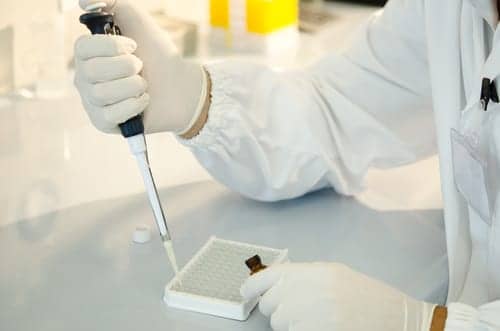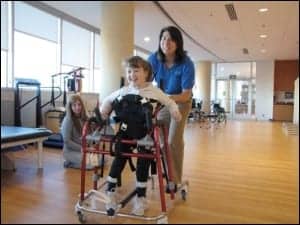
The results also indicate that treated mice survived three to four times longer than untreated mice. Researchers explain that the transplanted stem cells benefited the mice with ALS by boosting the health and function of their remaining nerve cells. The release also notes that the neural stem cells reduced inflammation and suppressed the number of disease-causing cells in their spinal cords. However, the neural stem cells did not replace deteriorating nerve cells, researchers add.
The research offers the potential for researchers to better understand the mechanisms underlying motor neuron diseases, says Yang Teng, PhD, MD, co-lead author, director of the Spinal Cord Injury and Stem Cell Biology Research Laboratory in the department of neurosurgery at Brigham and Women’s Hospital.
“This is not a cure for ALS. But it shows the potential that mechanisms used by neural stem cells in our study have for improving an ALS patient’s quality and length of life,” Teng emphasizes.
[Source: Brigham and Women’s Hospital]





